(Posted 05th February 2022)
 |
 © Drew Bantlin © Drew BantlinHello Akagera friends, we hope you have had a great start to the New Year. We are excited to share with you the most memorable events of 2021. Like in 2020, last year the Covid-19 pandemic troubled the travel industry and Akagera was also affected. Despite the pandemic and travel restrictions, we are happy to report that we received 20,419 visitors, which is 22% more than in 2020 and 51% of all visitors in 2021 were Rwanda nationals. Perhaps the biggest news of 2021 was the historic translocation of 30 Southern White Rhinos to Akagera Park from Phinda Private Game Reservein South Africa, in the largest single rhino translocation ever undertaken. This translocation was carried out in partnership with the Rwanda Development Board (RDB), &Beyond and with funding provided by the Howard G. Buffett Foundation. The rhinos have settled in Akagera well and in January were released into wider enclosures where they will be foraging and finding water by themselves. Our rhino monitoring team continues to supervise them daily to monitor their acclimatization to the park.  The translocation of 30 white rhinos to Akagera was the biggest highlight of 2021. Photo credit: Gael Ruboneka Vande Weghe Below are the highlights of 2021 events across all park departments. Management and Infrastructure We started 2021 with a new management team. Ladislas Ndahiriwe, who was the Operation Manager, replaced Jes Gruner as the Park Manager. Jes Gruner was appointed as the African Parks Regional Operations Manager. Luke Davey was appointed as the Operations Manager and Chloe Flatt was appointed as the Special Project Manager. Ian Munyankindi, a familiar face, was promoted to the position of Tourism and Hospitality Manager following 8 years as the Ruzizi Tented Lodge and Hospitality Manager. Ian replaced Sarah Hall who had been Akagera’s Tourism and Marketing Manager for 10 years (2010-2020) and was the driving force behind the development of tourism in Akagera after RDB and African Parks collaborated to manage Akagera. We also welcomed Diane Umutoni who was appointed as the Assistant Conservation and Research Manager and Clarisse Umugwaneza was appointed as the Assistant Manager at Ruzizi Tented Lodge to replace Jean de Dieu Twagilimana who became the Lodge Manager following Ian’s promotion. We are pleased to confirm that all Akagera staff received all Covid-19 vaccine doses last year, including boosters. Careful measures to curb the spread of Covid-19 are still in place in the park, including mask-wearing, hand-washing and maintaining social distance. We continue to abide by the safety measures put in place by the Ministry of Health as we work together for a safe environment for the staff and our visitors. During the last months of 2021, we have been busy with a new project of building a Community Library. The library further expands the services of the Akagera Community Centre which was built to create meaningful community engagement that enhances emotional ownership of Akagera National Park. The new library will offer edutainment opportunities to all ages through books and computers, and further cement the community centre as a hub for ideas-sharing and education tied to the national park.  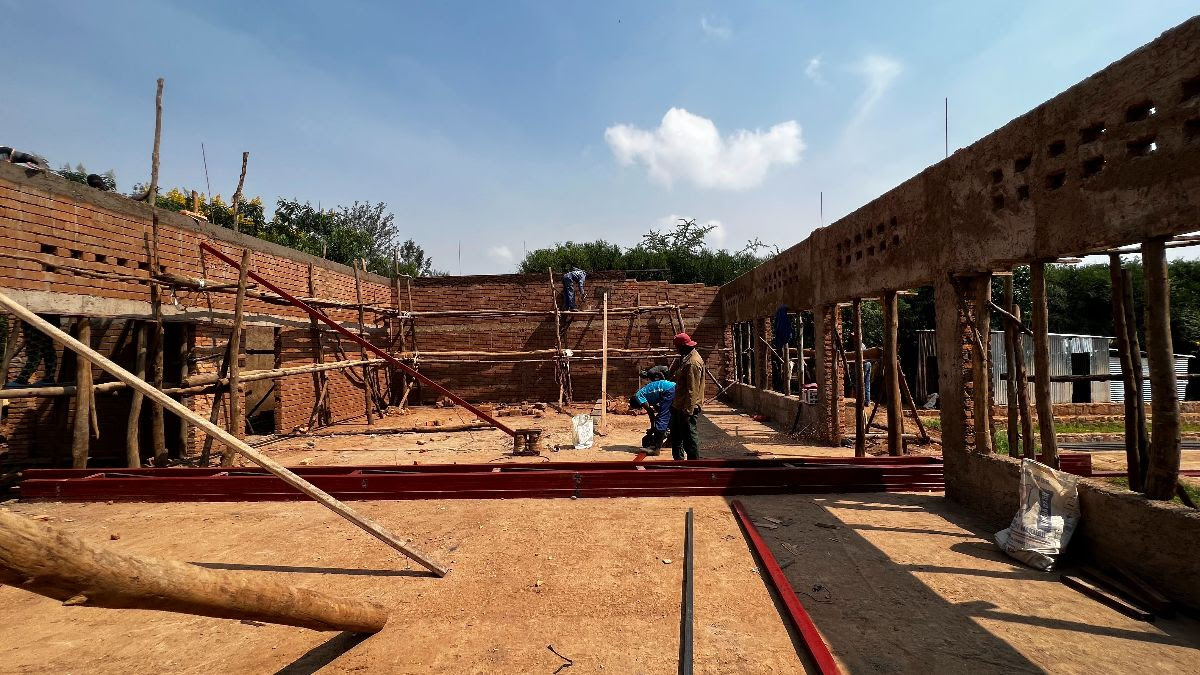 2021 saw the change in the park management, staff vaccination and a community library building project. The Conservation and Research team identified 115 species of butterflies in the park in a baseline butterfly diversity survey carried out with the assistance of Steve Collins and Stephen Georgiadis. Butterflies were collected and identified over a day and a half in the southern part of the park, including the unique dry forest habitat. We hope to complete a more thorough survey across the remainder of the park’s habitats Akagera undertook an operation to replace VHF transmitters in the horns of some of the park’s black rhinos. VHF transmitters make the tracking more efficient, allowing our trackers to make more sightings per day, to better monitor the rhinos’ body condition and understand their movements within the park, whilst ensuring their safety. The 2021 biennial Aerial Census was conducted over Akagera in August 2021. This total count census informs management about trends in populations of large mammals and other key species in the park. 12,152 large mammals were counted across the terrestrial and wetland fringe zones. Notably, 133 elephants were counted- approximately a 20% increase in population from the 2019 Aerial Census. Buffalo also increased to nearly 4000 animals. 2021 saw the completion of a foot survey in the park to complement the findings of the 2021 Aerial Census. This citizen-science foot survey allows access to areas of the park that cannot be reached by vehicles to count as many individual animals as possible and develop a better idea of where in the park key species are occupying. Numerous important sightings were made, including multiple sightings of lions, elephants, and roan antelopes.    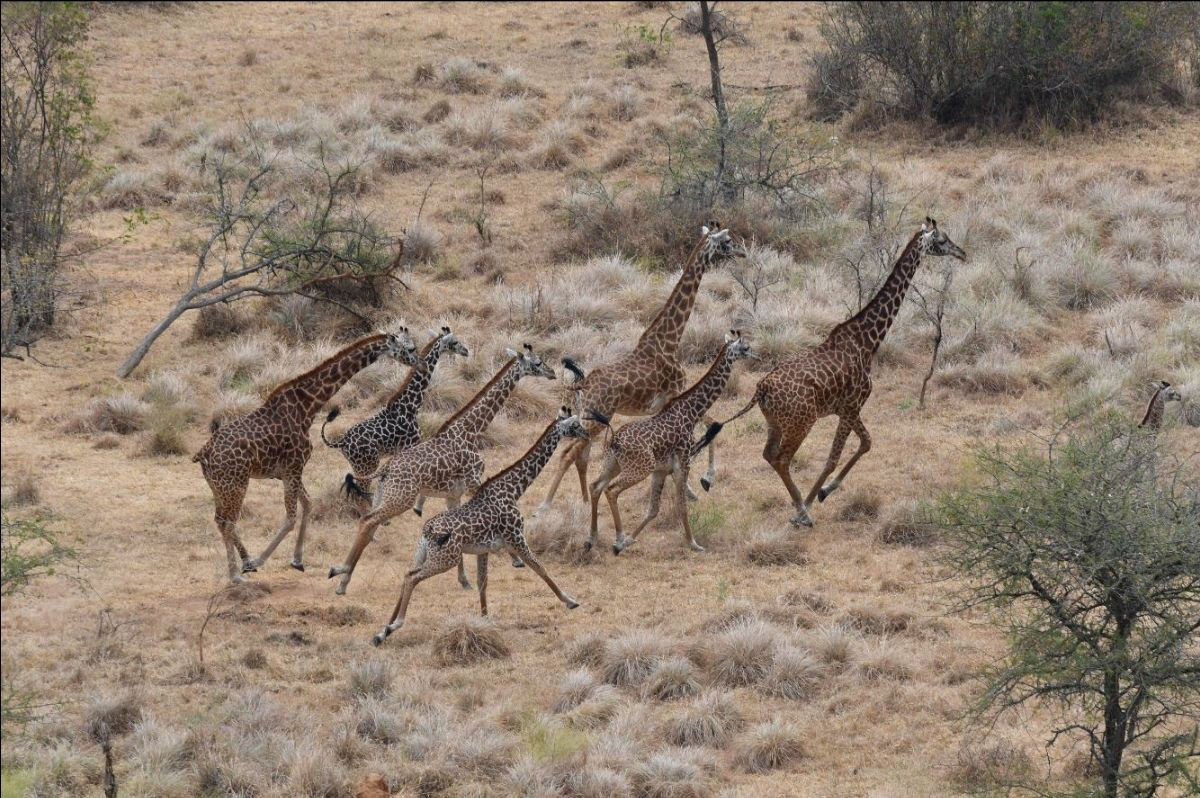 In 2021 VHF collars on black rhinos were replaced, an aerial census and a foot survey as well as identification of 115 butterfly species. Photos credit: Mihir Bhatt and Drew Bantlin Law Enforcement In 2021, 22,758 ranger patrols were conducted to deter illegal activity in the park including the setting of snares. A very low 25 snares were recovered throughout the year and 16 poachers were arrested, indicating that Akagera’s law enforcement is very effectively preventing illegal activities. In 2021, Akagera Rangers underwent a weeklong capacity building training conducted by the Rwanda investigation bureau (RIB) and Rwanda Development Board (RDB). The training focused on wildlife and environmental law, wildlife crimes investigation, evidence preservation, crime reporting and investigative report writing. Our Rangers also underwent a 6-week annual refresher training conducted by the park in collaboration with African Parks instructors from Benin, Malawi, Congo Brazaville and Zambia. Proper and frequent ranger training is one of the most important elements of creating an able and well-disciplined law enforcement team to counter illegal activities and effectively manage the park. Akagera and Nyungwe Park rangers joined other 650 African Parks rangers to run a 21km Wildlife Ranger Challenge. This virtual challenge was aimed at building cross-continental camaraderie and raising awareness for protected areas severely under-resourced due to the devastating impact of COVID-19. Akagera’s Fabrice Uwizeye was the first to finish the race in 1 hour and 20 minutes, one minute less than his finishing time in last year’s Wildlife Ranger Challenge. In December 2021, we bid farewell to Majyambere Leonidas who went into retirement following 21 years as a ranger in both Akagera and Volcanoes National Park. 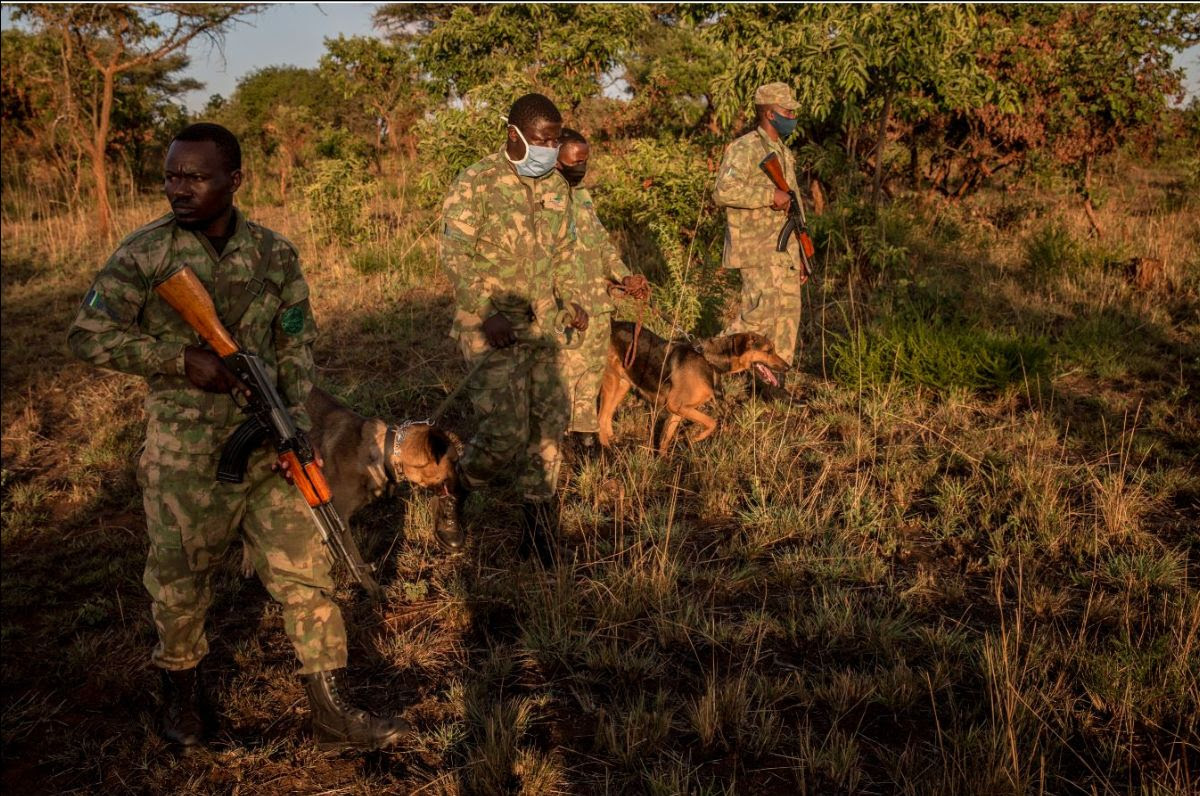 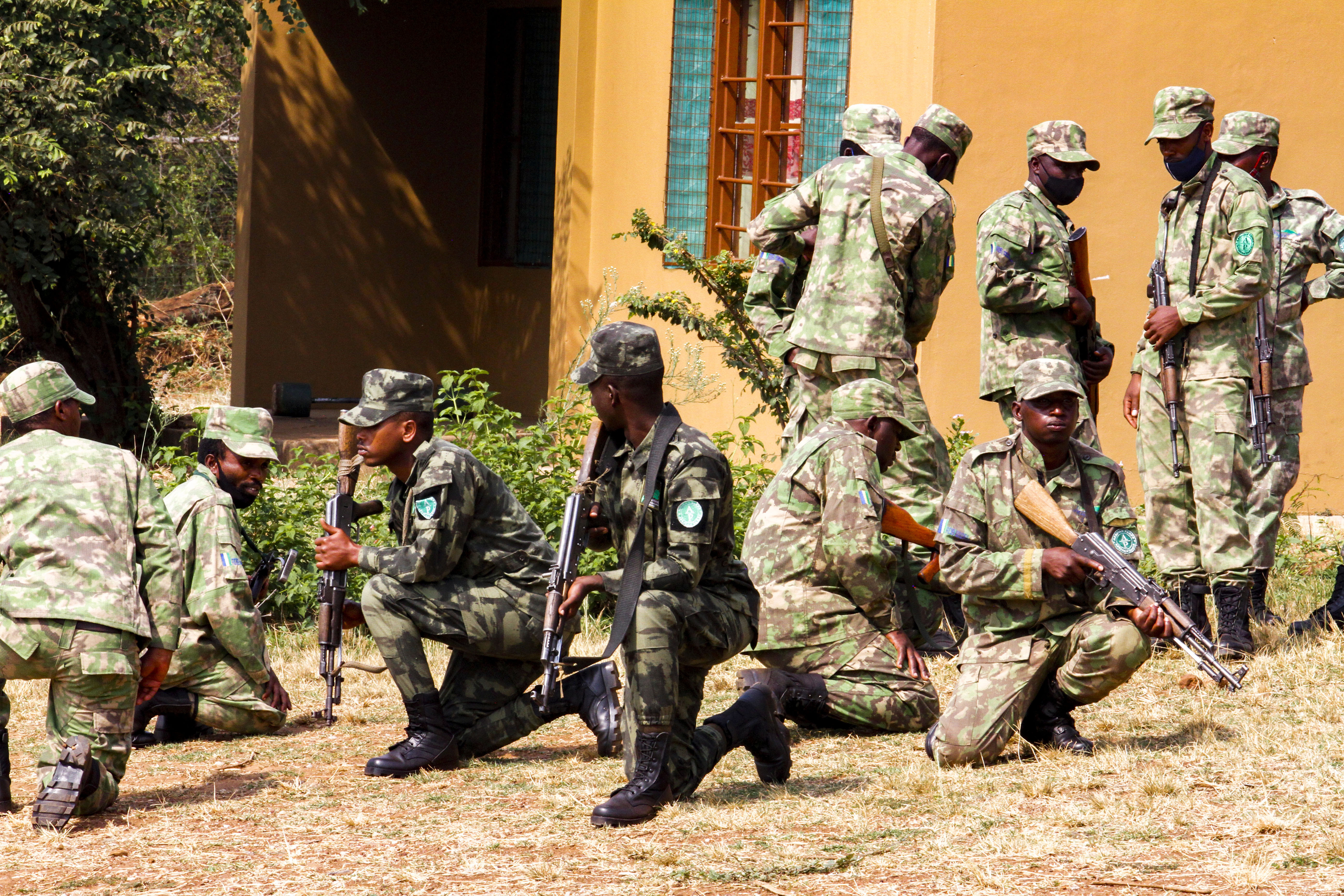 22,758 ranger patrols were conducted in the park recovering 25 snares and arresting 16 poachers. Photo credit: Mathieu Courdessess. Community Development In 2021, the visits of community students and local leaders to the park were resumed. 192 local leaders visited in September while 1,200 students and 320 teachers visited the park between mid-October and early November. As a part of the environment education, every year the park invites 300 local leaders and 2000 students with their teachers but the program stopped in 2020 due to Covid-19. Akagera community team held 63 pre-recorded and some live radio broadcasts in 2021 at two local radio stations. Topics included wildlife ecology, tourism, security, human-wildlife conflicts, and co-existing with wildlife. Live sessions encouraged engagement offering the opportunity for people to call in with questions. In addition to that, our community liaison team attended 263 village meetings where they engaged the village members in discussions about Akagera Park conservation and addressed human-wildlife conflict concerns, such as crop damage by hippos.Over 11 tonnes of honey were harvested by a union of 10 beekeeping cooperatives composed of 376 members operating in the park’s buffer zone. The beekeeping union earned over $52,000 in 2021. COPABARWI fishing cooperative sustainably harvested over 130 tonnes of fish from the lakes of Akagera Park under their agreement with Akagera Management Company. The cooperative earned a revenue of over USD $101,000 for its 20 members, also employing an additional nineteen people for their operations and business. The tree nursery at Akagera Community Center produced 20,000 trees that were planted in the community adjacent to the park. The trees were planted on 17 hectares across 11 different sites; mainly at schools, in households and along public roads. Our seedling program is aimed at combatting climate change and drought by replenishing the environment, encouraging water retention and improving soil health, alongside providing education to the benefit of trees. Over USD $500,000 was contributed directly to the community surrounding the park from various Park activities including, casual wages for labourers, local purchase of good and services, hiring of equipment and community freelance guide income. In 2021, eight community projects worth over USD $176,000 were selected as a part of the Revenue Sharing Scheme. The projects have started to be implemented including the distribution of electricity in two villages surrounding the park. The Revenue Sharing Scheme is a national policy, where all national parks in Rwanda share 10% of their tourism revenue to be distributed among communities surrounding the parks. 36 members from nine cooperatives around the park, including beekeepers, fishery, freelance guiding and farming cooperative were trained on business management, finances and marketing by the Business Development Fund (BDF). The Akagera Community Team engaged in a 3-week training with the National Geographic Society on the art of storytelling. Using the techniques of geo-enquiry and 360° photography, the team learnt the power of storytelling using the mediums of podcasts and mini-documentaries and has started to use the skills learnt in enhancing communications with communities especially in school programs and nature clubs. Click HERE to Watch Fiston’s first story about the student visit in 2021. 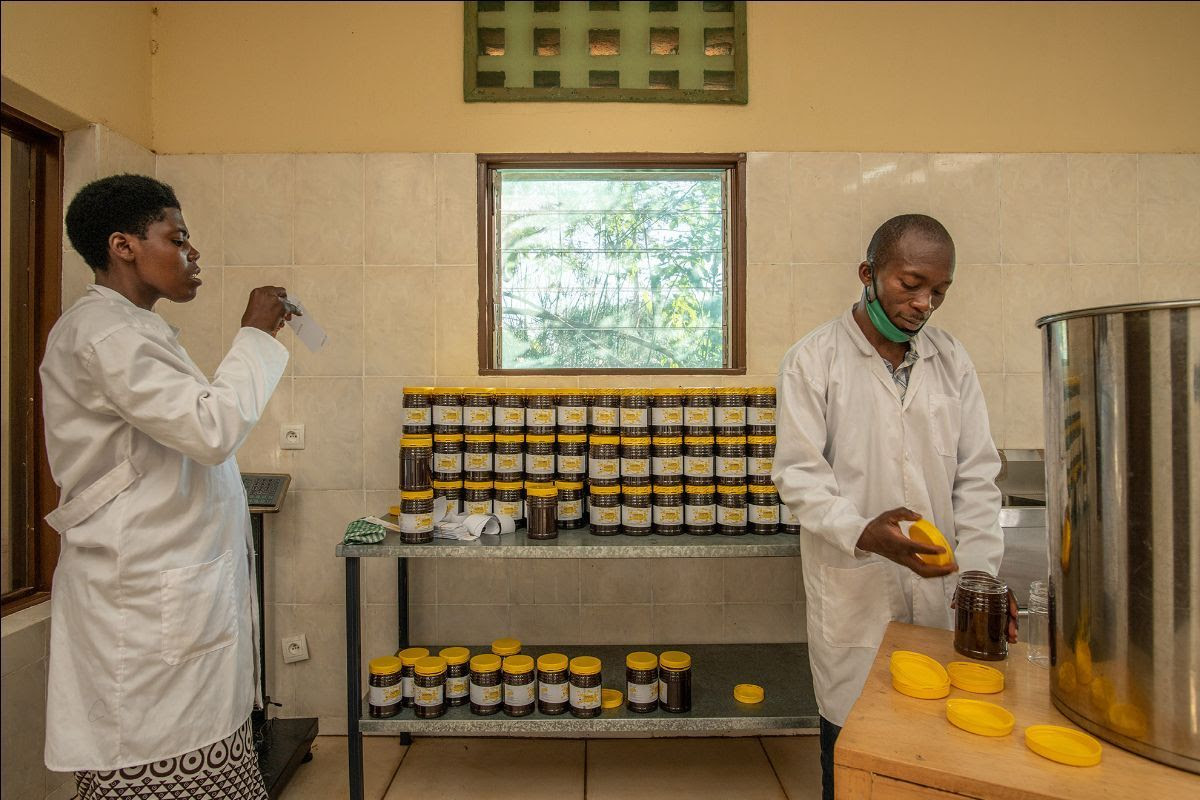 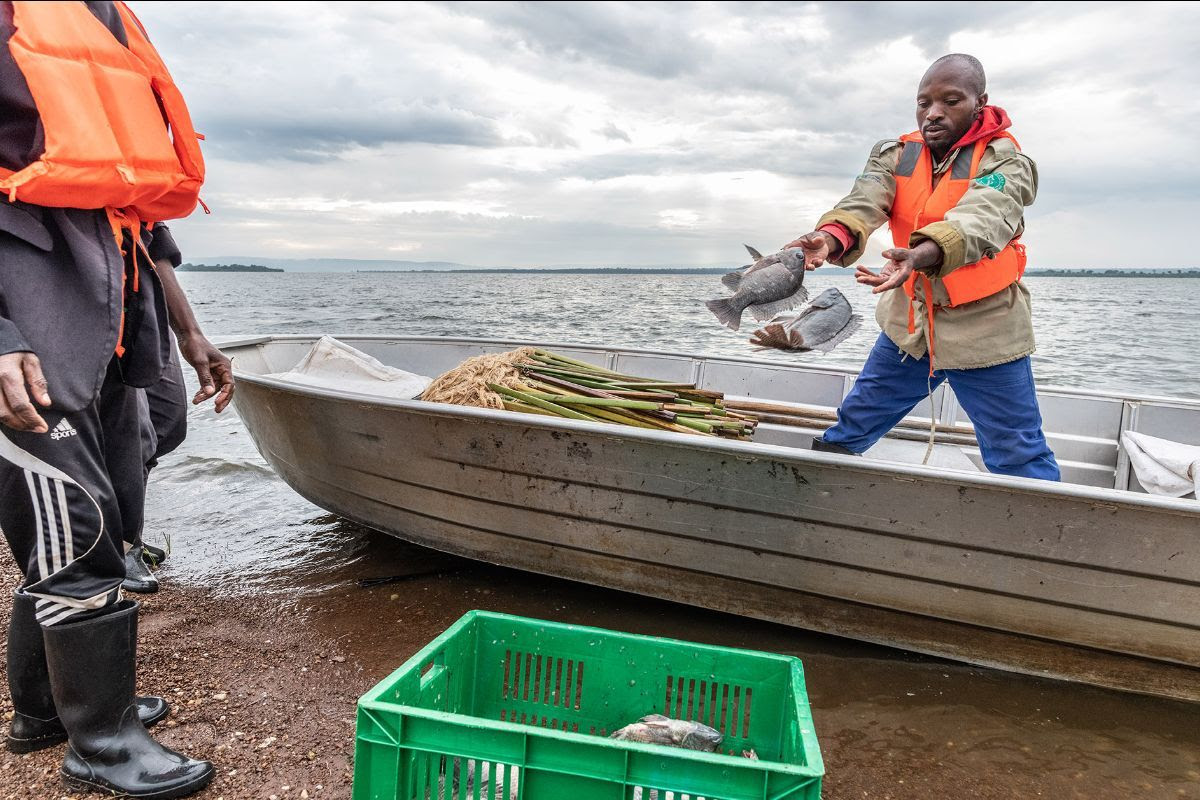 11 tonnes of honey and 130 tonnes of fish were harvested by community cooperatives in 2021. Photos credit: Gael Vande Weghe. Tourism and Enterprise Akagera had a tourism revenue of over USD $1.6 million, an increase of 34% in 2020. Tourism contributed 46% of the park’s total operating budget. We opened a coffee shop and campsite at Mihindi Lake and a new souvenir shop at the park’s north exit. These new facilities are great additions to the park income-generating and they operate in line with the park’s conservation ethos. 100% of the profits from sales at the coffee shop, camping and gift shop were reinvested back into the conservation activities of the park. At the very end of last year, we introduce night drives to Karenge Bush Camp. Our guide, Isaac, is ready to take you to Kilala Plains on a guided night drive to experience the evenings or early morning drives in our newly converted 6-seater safari jeep. Contact the lodge reservations team at karenge@africanparks.org to secure your seat.  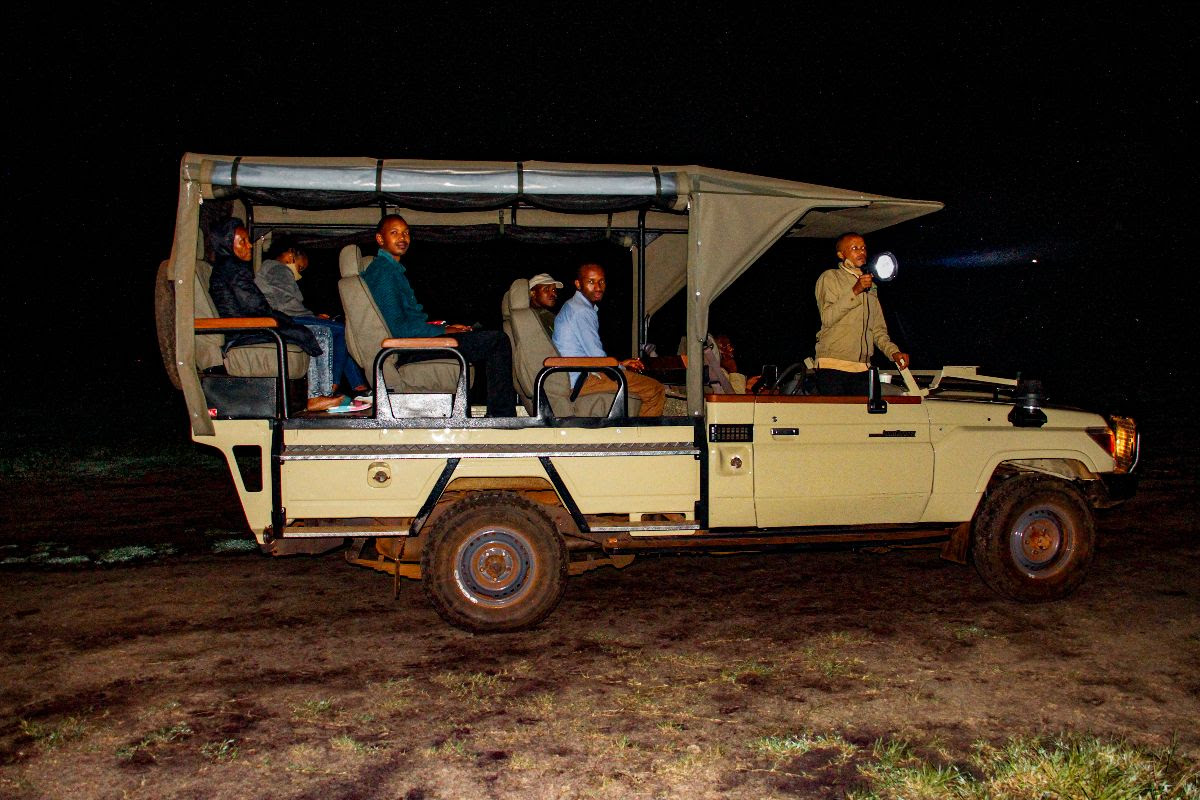 Tourism in Akagera contributed 46% of the total operating budget of the park. Photo credit: Gael Vande Weghe and JP Karinganire Interesting sightings in 2021As Akagera’s ecosystem has regenerated over the years since 2010, there have been increases in notable bird sightings as species return or pass through Akagera on their migratory paths. Shoebill sightings in the Kilala wetlands area occurred regularly between May and August of 2021. Vulture sightings appear to be increasing, with lappet-faced, white-headed and white-backed noted sporadically throughout the year. Historically vultures were once widespread and numerous in Akagera but, alongside the lions and rhinos, suffered dramatic declines in numbers such that it’s thought only a dozen or so individuals exist today. Excitingly, a Ruppell’s Griffon Vulture was sighted in Akagera in December, with the last recorded sighting made in 2006. Four tiny African Barred Owlets were seen last year, a bird considered a ”rare vagrant in Rwanda”, with only one previous record in 1981. Also seen were a pair of southern ground hornbills, another relatively rare bird to Akagera, with generally only one or two sightings a year. In news of our non-feathered species, a pride of lion has taken up residence in the southern areas, producing numerous sightings in Giraffe Area throughout the year. Noted mating activity between multiple adult males and females has us on the lookout for cubs in the coming months. One of the main breeding herds of elephants has also been frequenting the areas around the entrance gate, Valley Dam, and Rurama loop; guests have seen them regularly in 2021. And perhaps the luckiest sighting this year, a pangolin was spotted by one of our regular guests. Akagera has two species of pangolin; the Giant pangolin and Temminck’s (ground) pangolin. Unfortunately, we could get a photo or identify the exact species spotted, but we are glad that a sighting was made.  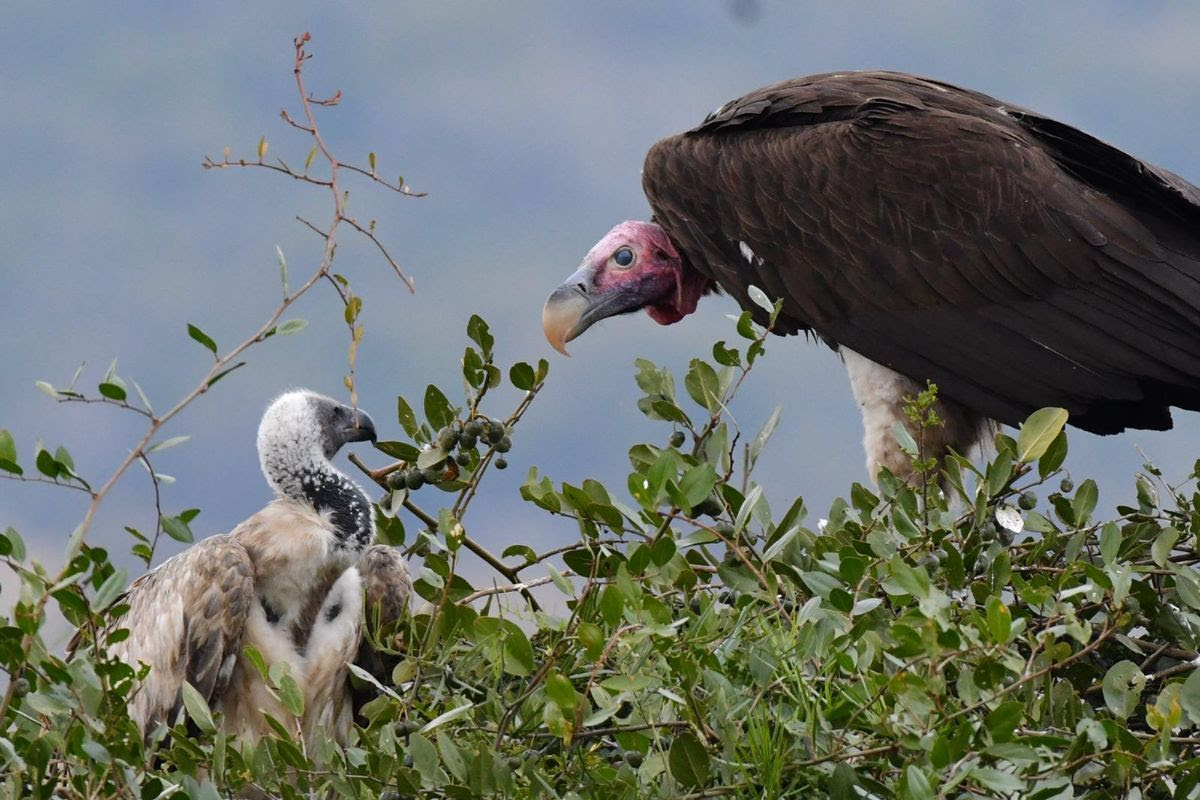  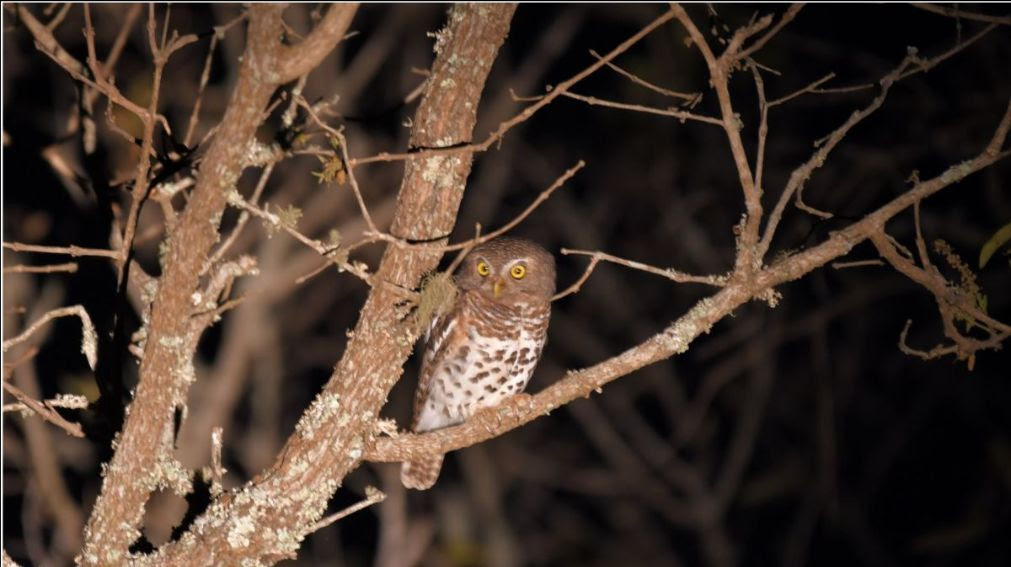 Interesting sightings of 2021. Photos credit: Drew Bantlin Akagera in the news. The team of TV show Full Frontal with Samantha Bee visited Akagera National Park in mid-June to learn about our conservation story. Watch the full story HERE. Akagera National Park was featured in the Liberation in their article called Au Rwanda, la renaissance du parc de l’akagera by Maria Malagardis.Akagera also featured in The Times London in an article called Plan ahead: Gorillas, chimps and luxury lodges in wild Rwanda written by Sarah Marshall The translocation of the white rhinos dominated the news in the last quarter. Here are the links to a couple of articles about the translocation of the white rhinos. 30 White rhino translocation, trente rhinoceros blancs introduits, en Boeing 747, au Rwanda, 30 South African white rhino relocated to Rwanda in a Boeing 747. Last year also saw Rwanda TV visit Akagera to cover different stories such as “How communities around Akagera Park are reaping big from conservation”, “How K-9 unit fights poachers in Akagera National Park” and “A day in the life of a tour guide inside Akagera Park”. We thank You for your support in 2021 Please share this good news and we look forward to keeping you updated on Akagera News in 2022. You can keep in touch with us through our social media channels; Facebook Friends of Akagera National Park and @AkageraPark on Twitter and Instagram |
0






